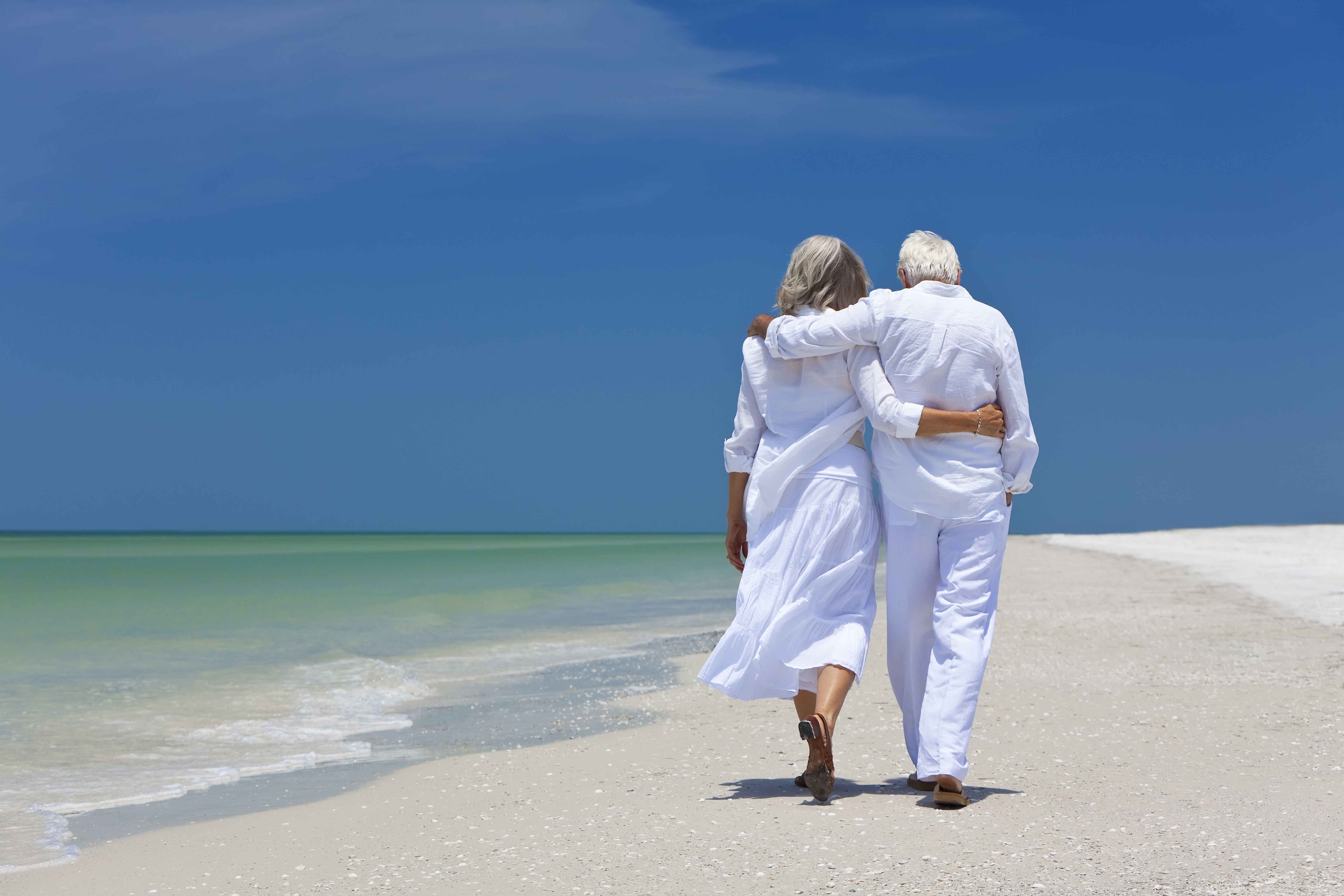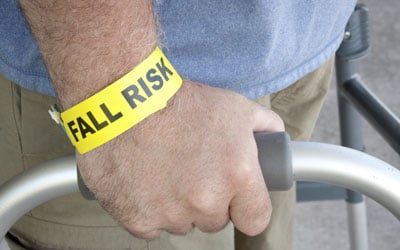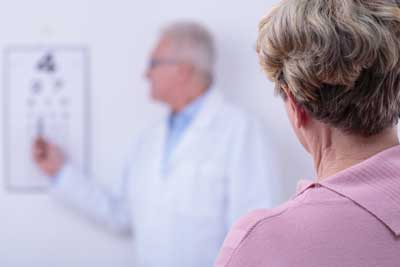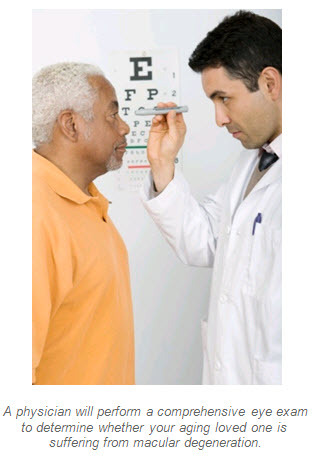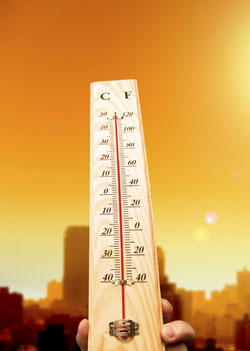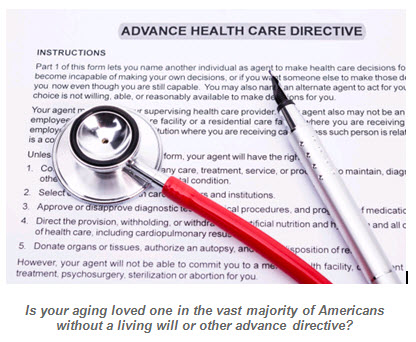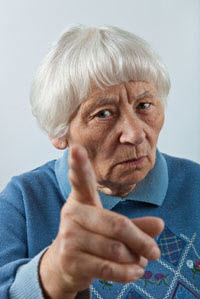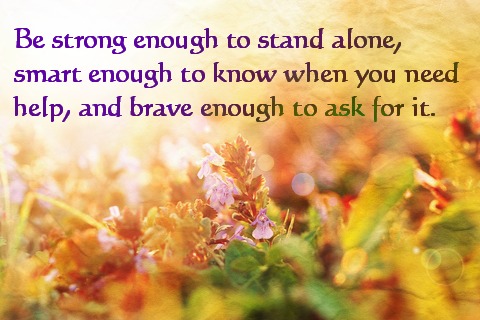While many people assume that seniors stop having sex after a certain age, this couldn't be further from the truth. In fact, 61 percent of men and 37 percent of women over the age of 60 are sexually active, according to a study by the National Institute on Aging. While the topic may seem awkward, caregivers can play an important role in ensuring that seniors are maintaining safe, healthy sexual relationships. Here's what you need to know.
Read More- Blog
- About Us
- Caregiver Videos
- Alzheimer's
- Ask the Geriatrician
- Assistive Devices
- Caregiver Info
- Cultural Sensitivity
- Dementia
- Dementia Activities
- Depression
- Diabetes
- Elder Abuse
- Elder Care Issues
- En Español
- Fall Prevention
- Grief & Loss
- Heart Issues
- Hearing & Vision
- Hoarding
- Hospice/End of Life
- Living in a
Nursing Home - Medications
- Mental Health
- Nutrition
- Oral Care
- Parkinson's Disease
- Quality of Life
- Senior Health
- Sexuality & Aging
- Spirituality & Aging
- Stress
- Substance Abuse
- Wound Care
- Continuing Ed
- Resources

